On Feb. 22, Barbers Hill High School Junior Darryl George lost a case against his former school district, Barbers Hill ISD, after being suspended for his hairstyle, known colloquially as barrel twists. George argued that the school’s policy violated the CROWN Act, a Texas law prohibiting discriminatory treatment/practices based on hair.
Following his suspension at the beginning of the school year, George’s family filed a civil rights case against Governor Greg Abbott and Texas Attorney General Ken Paxton, for what they view as a failure to enforce the CROWN Act and a “formal complaint with the Texas Education Agency” according to Spectrum News. Since Aug., George has spent his time between in-school suspension at Barbers Hill High School and “an off-site disciplinary program” according to PBS News. In the hopes of returning him to in-person classes, the family presented their case before a district State court in Anahuac, Texas. In a decision George described as “disappointing,” the court sided with the district.
Barbers Hill ISD maintains that its policy does not violate the CROWN Act and believes this victory has solidified its position.
Barbers Hill Superintendent Dr. Greg Poole stated, “The Texas legal system has validated our position that the district’s dress code does not violate the CROWN Act and that the CROWN Act does not give students unlimited self-expression.”
However, two CVHS students see it differently.
“I feel like hair is a form of self-expression,” said CVHS Junior Sophia Santiuste.
Santiuste feels that wearing her hair out allows her to both celebrate her individuality and feel more comfortable in her own skin. For Santiuste, taking care of her hair provides a much-needed break after a long day of school.
“Some days, I love it [her hair] so much… and other days. I’m like swearing up and down that, I’m going to shave my head. But when I brush my hair, I feel like it’s time for myself. It gives me… some peace of mind,” said Santiuste.
But Santiuste also expresses pride in her heritage through her hair.
“I was never really into my hair. I would wear pigtails every day and then sophomore year I saw a photo of my mom when she was younger, and she had an afro and I was like, ‘I want to try having my hair out.’”
For CVHS Senior Ducky Evans-Moore, it was her brothers that inspired her hairstyle.
“My brother… had locs for as far as I can remember… then my other brother, Jalen. He got locks when he was like eight. And then after a while, I started thinking like, ‘I want locs too. They look cool.’” said Evans-Moore.
Both students believe CVHS provides a unique safe space for its students to showcase their individuality and expressed disapproval at the idea of HISD implementing a similar rule.
“I’d feel threatened because… I’d feel like I need to suppress my self-expression. Because like I do express myself with my locs,” said Evans-Moore.
Some studies suggest, that rules concerning uniformity or regulating hairstyles can disproportionately affect African-Americans, in particular, in the workplace. When asked if policies like at Barbers Hill ISD would target Black students, Evans-Moore answered strongly in the affirmative.
“Black people have always faced like discrimination based on our hair. It’s either ‘ugly’ or it’s ‘distracting,’ or we need to change it to look presentable and professional and this case only opens up to like more of …even more schools are going to look at someone’s locs and say ‘That’s distracting,’” said Evans-Moore.
Santiuste presented a different point of view.
“I wouldn’t say that it’s targeting them. I don’t think that they’re [the district] doing it on purpose. When students come forward to say that it’s going to limit them, I think they should be aware of that,” said Santiuste.


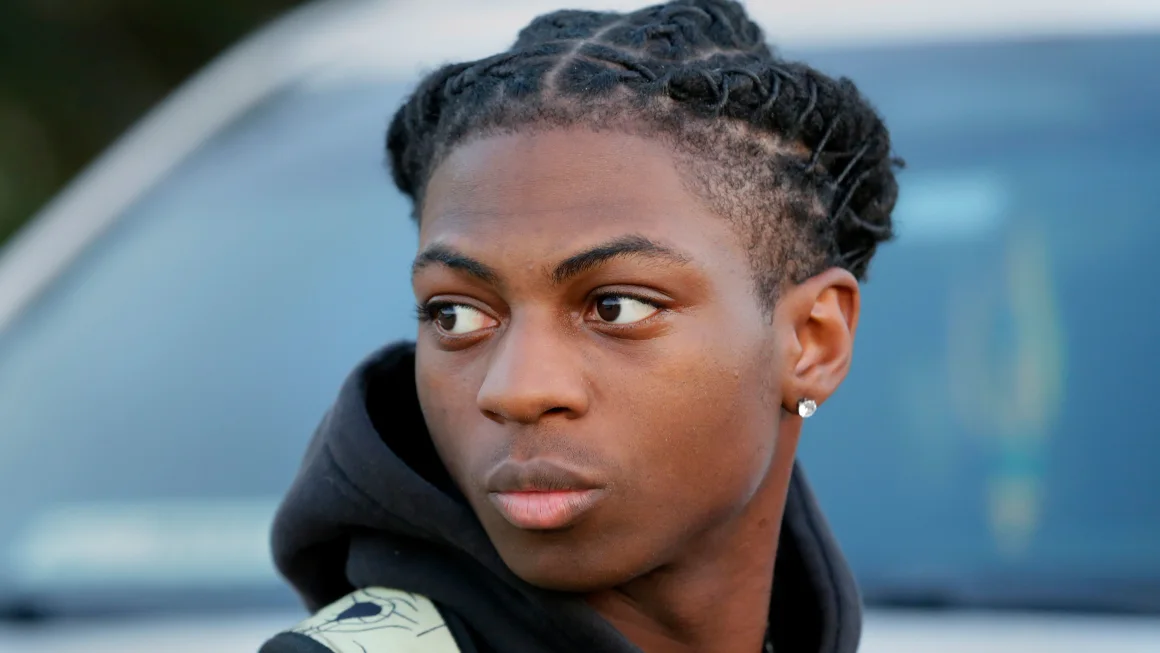
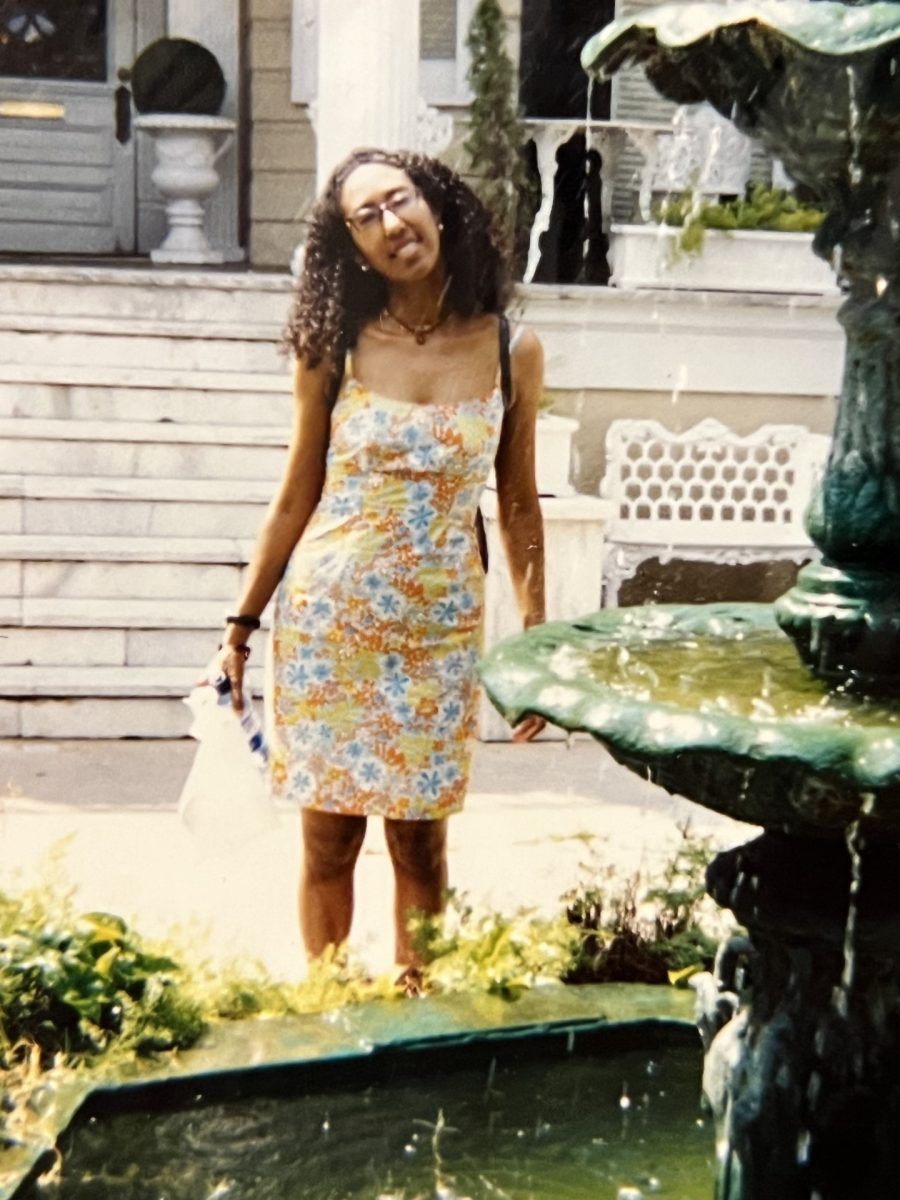
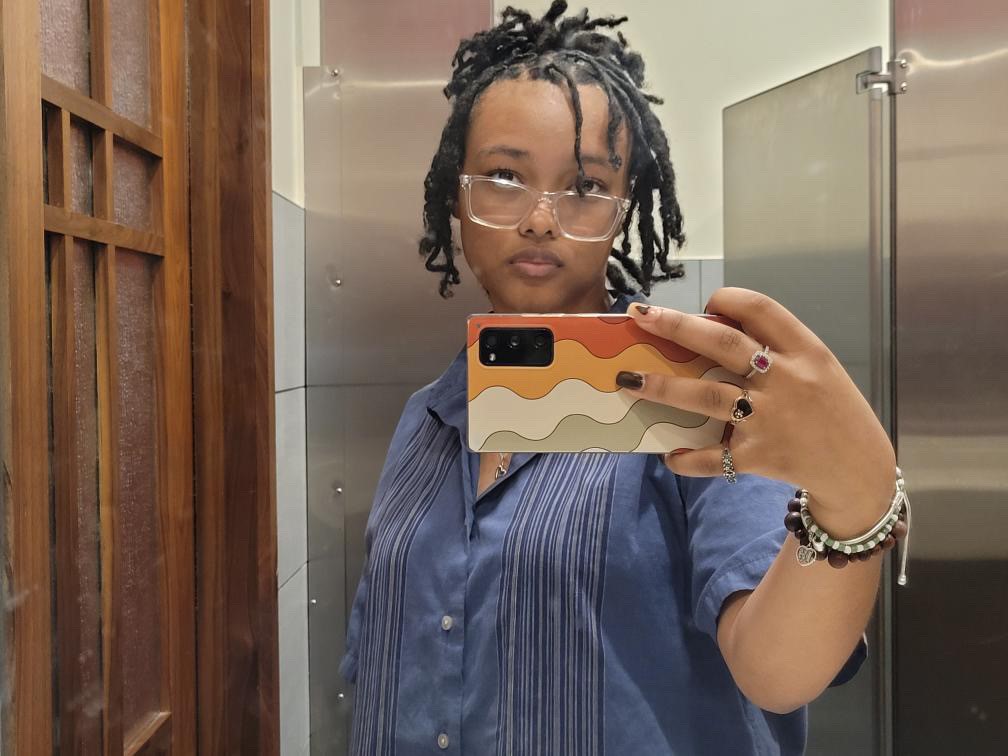
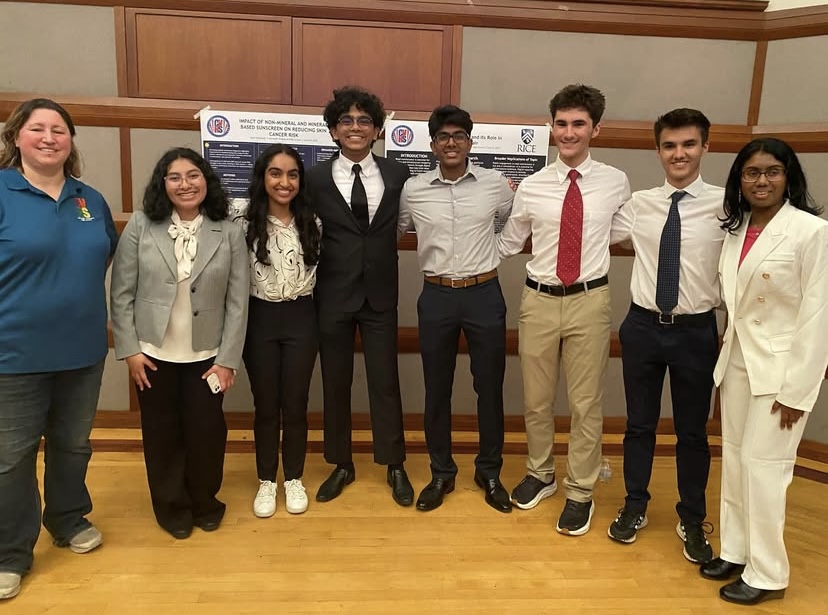


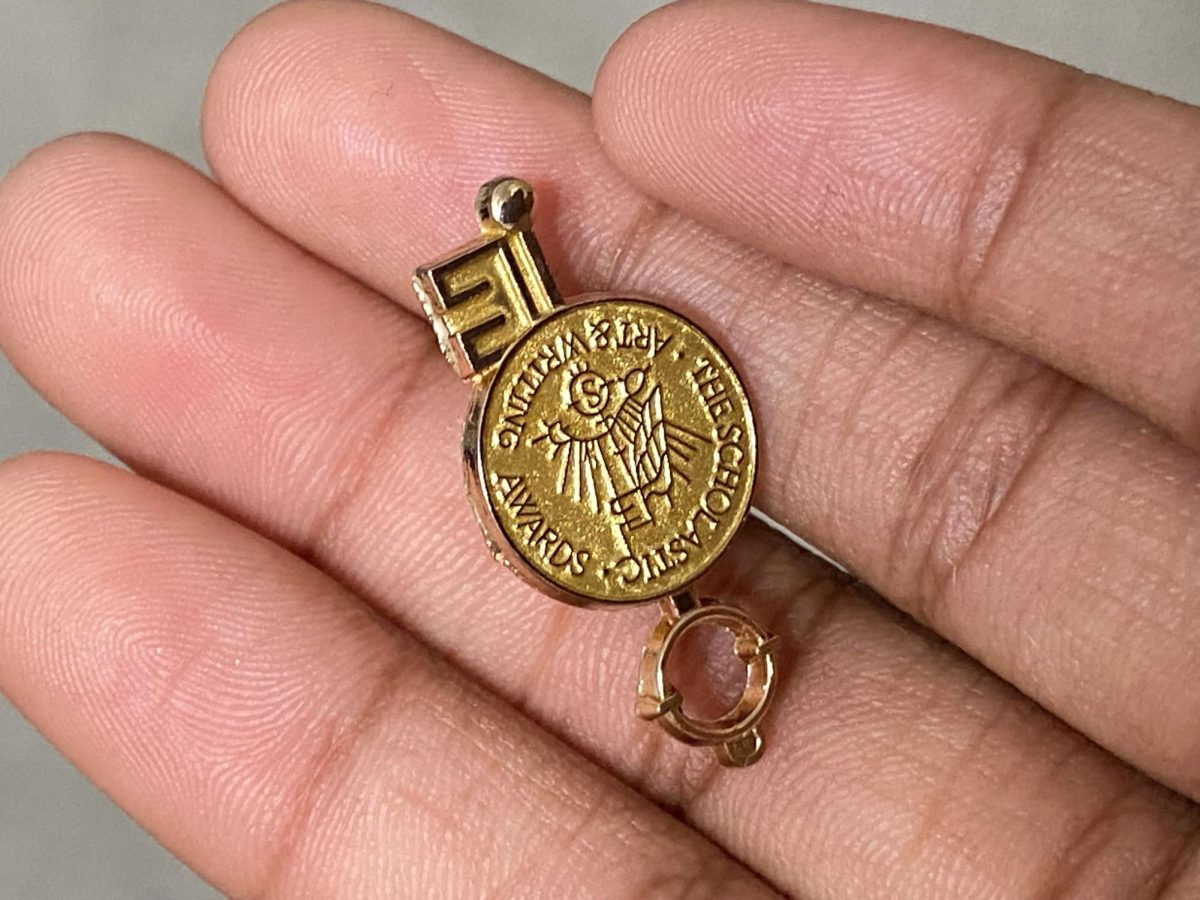
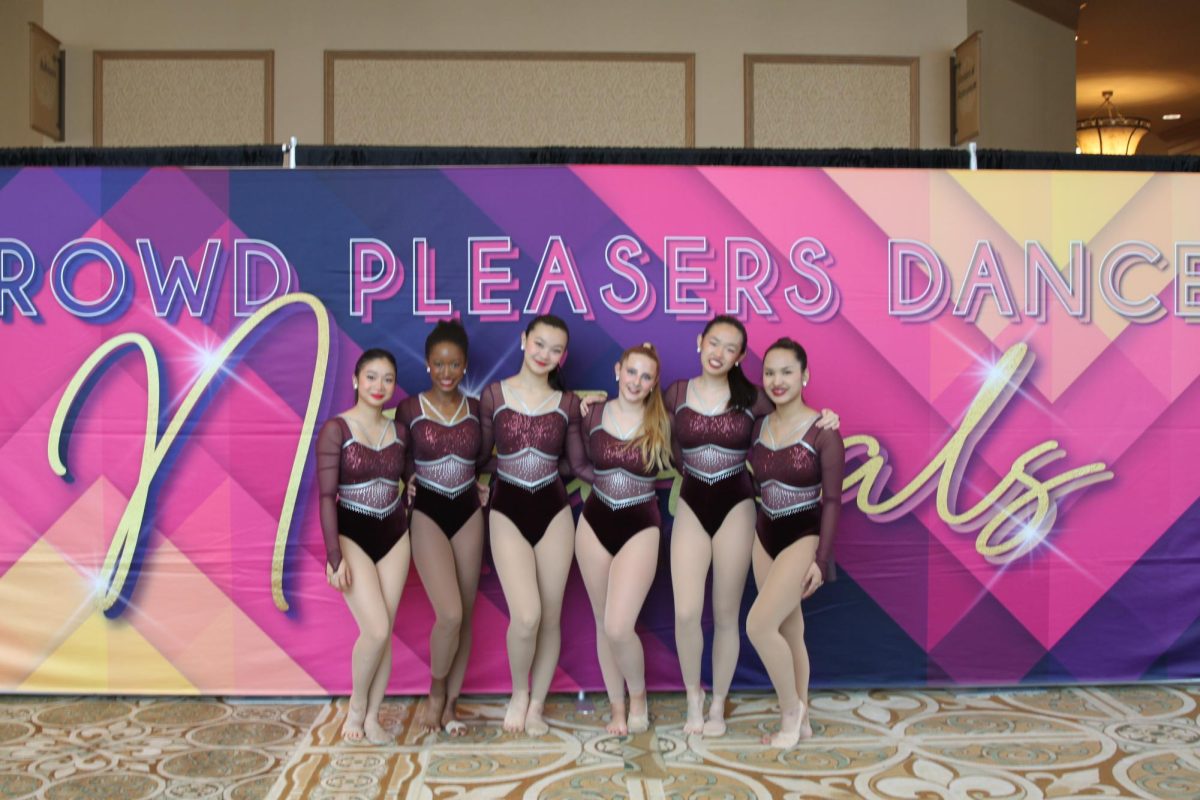

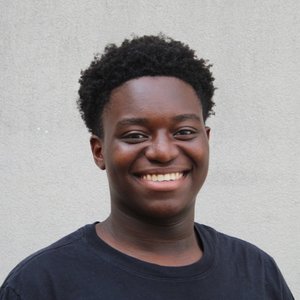
Roxell • Mar 4, 2024 at 2:33 pm
Wow.. I had no idea this actually happened. Great article!
Lorena Chavez • Mar 4, 2024 at 1:53 pm
this article is very well-written and i loved the perspective you included!